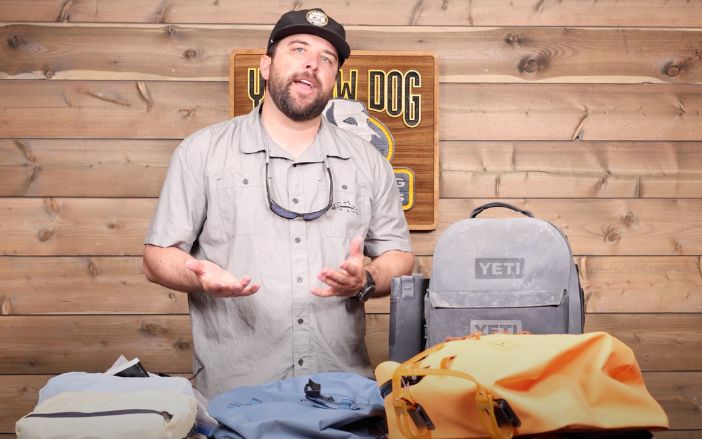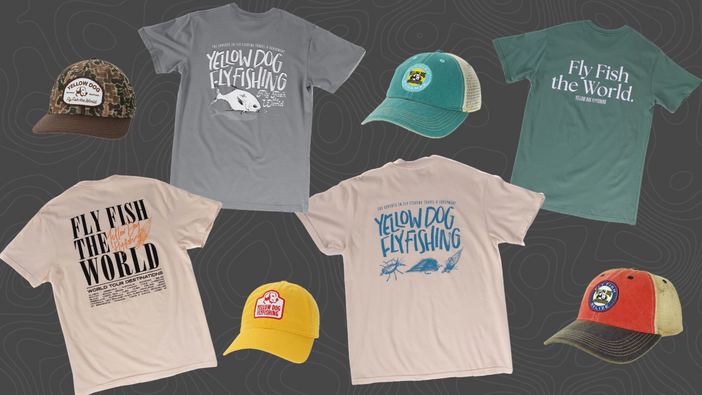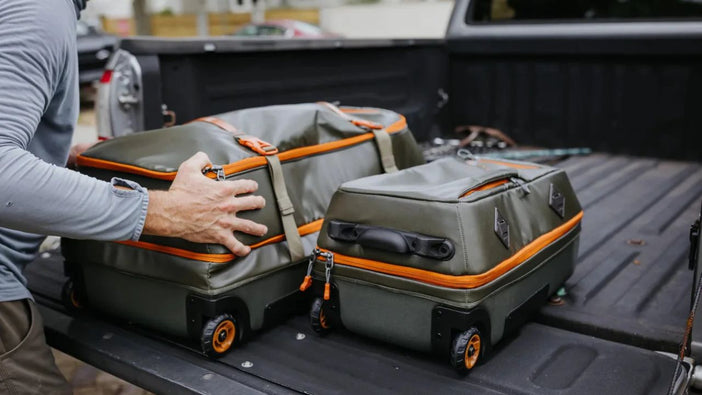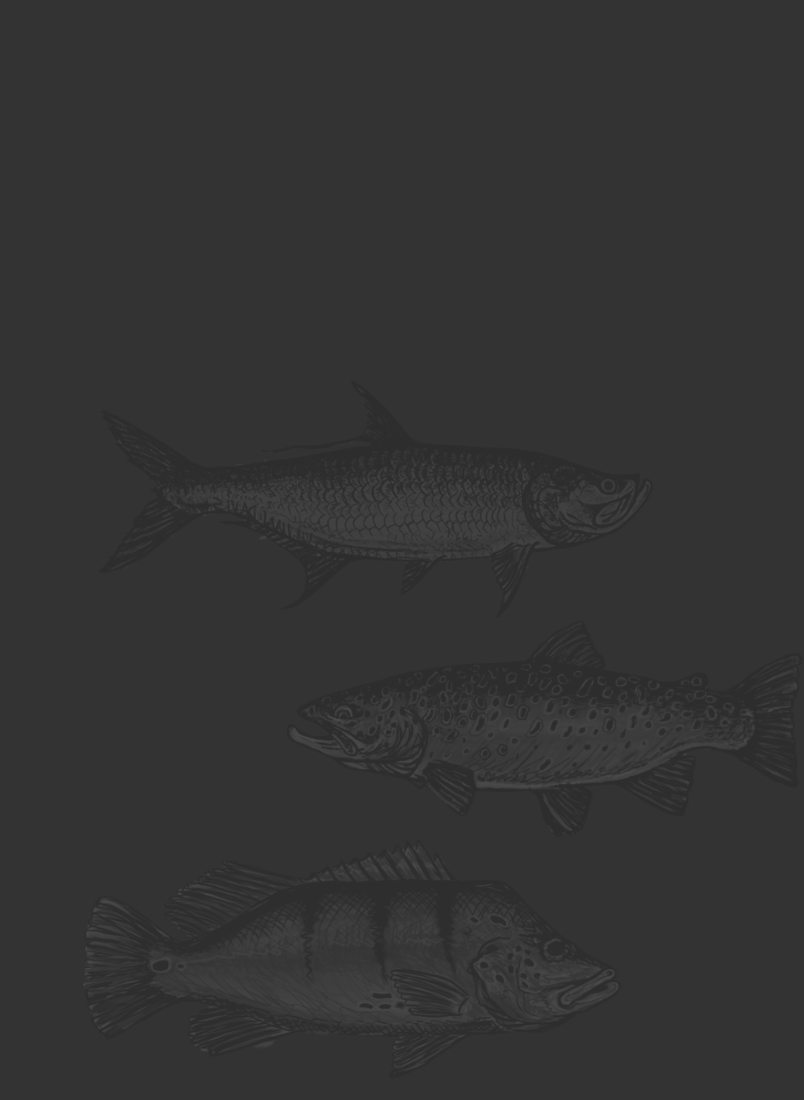Thinking about planning a trip to Patagonia? We field numerous inquiries about this spectacular region and the following ten questions are ones that we identified as the most helpful as a good starting point for anyone interested in planning a trip to Patagonia. The Patagonia region is a vast area of land that stretches more than 260,000 square miles across the bottom third of Chile and Argentina, bounded by the Atlantic Ocean on the east and the Pacific Ocean on the west. It is a freshwater angler's dream come true.
1. Why go fly fishing in Patagonia?
Patagonia offers some of the world’s best freshwater fly fishing and some of the most beautiful and varied landscapes in the world. The backdrop is unbeatable, and you can find countless freshwater rivers, isolated streams, and crystal-clear lakes teeming with fish. If you're looking to retreat from the harsh conditions of a northern winter, Patagonia is ideal from November through April. Combine the abundance of productive waters, light fishing pressure, gorgeous scenery, rich culture, and fish that are eager to eat, the draw of Patagonia is as clear as its waters.
2. Where will I find the best fishing?
There are a large number of areas to fish in Patagonia, including destinations in both Argentina and Chile. Each region of Patagonia has its own unique characteristics and offerings, such as the rivers of the Aysen Region, and depending on what you are looking for, there is really no wrong answer. Typically, where you should fish is dependent on when you can go, what you want to fish for, your overall budget, and what you expect out of the trip.

3. Should I fish in Argentina or Chile?
Patagonia is a productive, one-of-a-kind region in South America that is home to dozens of lodges, experienced and professional guides, and more rivers, streams, and lakes that can possibly be fished in a lifetime. The options and choices are endless, which is why deciding on where, when, and how to fish Patagonia can at times be overwhelming. The good news is that Chile and Argentina are both grand. There is no wrong answer; if you are fishing with a proven operation and a legitimate program you will likely have a great overall experience. There are a lot of options, however, and narrowing down the list to find the perfect location can be challenging if you’re trying to do it on your own.
4. What fish can I catch in Patagonia?
Patagonia is home to an impressive line-up and diversity of freshwater fish, including resident brown, rainbow, and brook trout, and anadromous species that include sea-run brown trout, steelhead, King salmon, and Atlantic salmon in areas like the Los Lagos region.

5. How many fish can I expect to catch and how big do they get in Patagonia?
Catch rates vary between each destination and waters fished. When it comes to resident trout, anglers typically catch more fish in rivers and streams. Larger yet fewer fish are the norm for the region’s lakes and some specific rivers. In most areas, the average trout is in the 15-20 inch range, with solid possibilities for fish in the mid-to the upper-20-inch range. In certain fisheries like Argentina’s Jurassic Lake and Tierra del Fuego’s Rio Grande, however, fish can exceed 20-pounds.
6. How far in advance should I plan my trip?
If you know that you want to go, then start the planning process as soon as possible! Many lodges book up months in advance, but, we have plenty of destinations so trips even a few weeks to a few months out can often be booked. Certain lodges (mainly in Tierra del Fuego) operate on a “first right of refusal” basis, offering return guests first crack at dates before opening dates to new anglers. With these operations, it may be necessary to join a waiting list to increase your chances at preferred dates. Yellow Dog can assist with this.

7. What will the weather be like in Patagonia?
Due to its southern latitude and complex mountainous terrain, Patagonia delivers ever-changing and diverse weather conditions throughout the season. Daily conditions can change from rainy and damp, to hot and sunny, to cold and windy. No matter where you fish in Patagonia, be prepared for a wide range of variable and changing conditions. Plan appropriately with the right clothing for anything Mother Nature can dish out and you'll be fishing no matter what.
8. What’s the best time of the year to fish?
The general fishing season in Patagonia runs from November through April. Depending on where you go and what species of fish you want to catch, the “best” time to go can vary. That said, the most in-demand and popular times to fish in this region align with the peak of the austral summer from early January through March. But like most fishing trips, the best time to go is "when you can."

9. Do I need to be an experienced angler to fly fish in Patagonia?
With so many different fishing options and so many fish, anglers of all skill levels can easily be accommodated. The guides are patient and experienced, and Patagonia has something to offer for every type of angler – regardless of ability. Whether you prefer to wade fish on foot on smaller creeks or float fish on larger rivers from boats or rafts, cast dries or swing streamers, fish hard or head in early, you can do it in Patagonia.

10. Are there non-angling activities in Patagonia?
If your traveling companions aren't as keen on chasing fish like you, or if you’re someone who simply enjoys a day or two off from fishing, there’s no shortage of non-angling activities. Horseback riding, hiking, birding, glacier tours, cycling, spa services, wine tasting, and more are all possibilities. Activities vary from region to region and lodge to lodge, and Yellow Dog is happy to arrange an option.



























